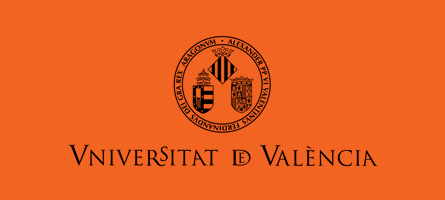Editorial
DOI:
https://doi.org/10.7203/drdcd.v0i9.275Abstract
We are facing a new and impactful revolution, a transformation that far surpasses the democratization of the internet and the emergence of blogs and social networks. Artificial intelligence and big data have been concepts under study and application for some time, but they are now expanding on an unprecedented scale and with surprising accessibility to a large number of people. The changes we are experiencing are significantly affecting all areas of study, shaping what will be a true revolution.
We are living in a historic moment where misinformation has become a currency that floods both traditional and digital media. With the ease that artificial intelligence now offers in creating content, the possibilities of saturating the public with certain narratives – whether true or not – are very high. This information overload, as reported by many in surveys, contributes to a disinterest in news and represents a challenge for media and researchers.
In this context, studies in the field of communication and journalism are facing the challenge of adapting to this rapid transformation. We recognize that, in order to keep up with a constantly changing society, it is necessary to have the financial support and the time required for quality learning and research.
In these circumstances, we present our ninth edition of the magazine, in which we address, through rigorous research and critical reflections, how these technological advancements are transforming communication, journalism, and society as a whole.
The special issue of this ninth edition...
Downloads
Published
Issue
Section
License
Author rights apply to contributors. The journal reserves the right to be the first to publish the submission, following the Creative Commons Attribution License that allows for others to share the publication and acknowledges its authorship and the original publication within this journal.
Everyone who sends a manuscript is explicitly accepting this publication and edition cession. In the same way, he/she is authorizing Dígitos to include his/her work in a journal’s issue for its distribution.







